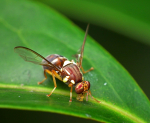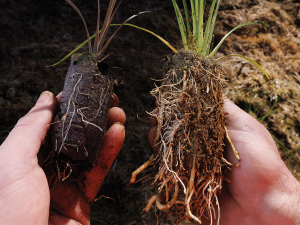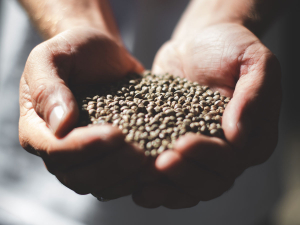The fight to wipe out a potato disease from New Zealand has been lost.
Biosecurity NZ and Potatoes NZ have ceased their joint eradication response to Potato mop-top virus (PMTV).
The industry says it will now be taking the lead on long-term management of the disease.
PMTV was confirmed in NZ in September 2018, initially concentrated in grower paddocks in Canterbury.
But a national survey has shown the virus is now NZ-wide, indicating that it has been in NZ for a long time.
“It became evident earlier during the response that this disease couldn’t be eradicated and that the best outcome for potato growers was industry management long term,” says Biosecurity NZ’s Sam Leske.
“Biosecurity NZ will continue to support industry in helping them develop the long term management plan, which will include non-regulatory controls and voluntary agreement.”
It’s the first time the two organisations have worked together on a biosecurity response since signing up to the Government Industry Agreement (GIA).
Potatoes NZ chief executive Chris Claridge says it was a successful end to the first joint response. The industry is developing a plan which will incorporate research from world experts, in line with best practice.
“A positive outcome to date is there are no significant losses to growers attributed to the disease,” Claridge said.
“This response is an example of how a good partnership between Government and industry works to eventually help industry to be in a position to mitigate impacts posed by biological incursions and to support decisionmaking for the future.”



















